Many scientists have recommended that the draft Law on Science, Technology and Innovation needs to be adjusted to be more innovative, focusing on strong tax incentives and more flexible financial support for science, technology and innovation enterprises.
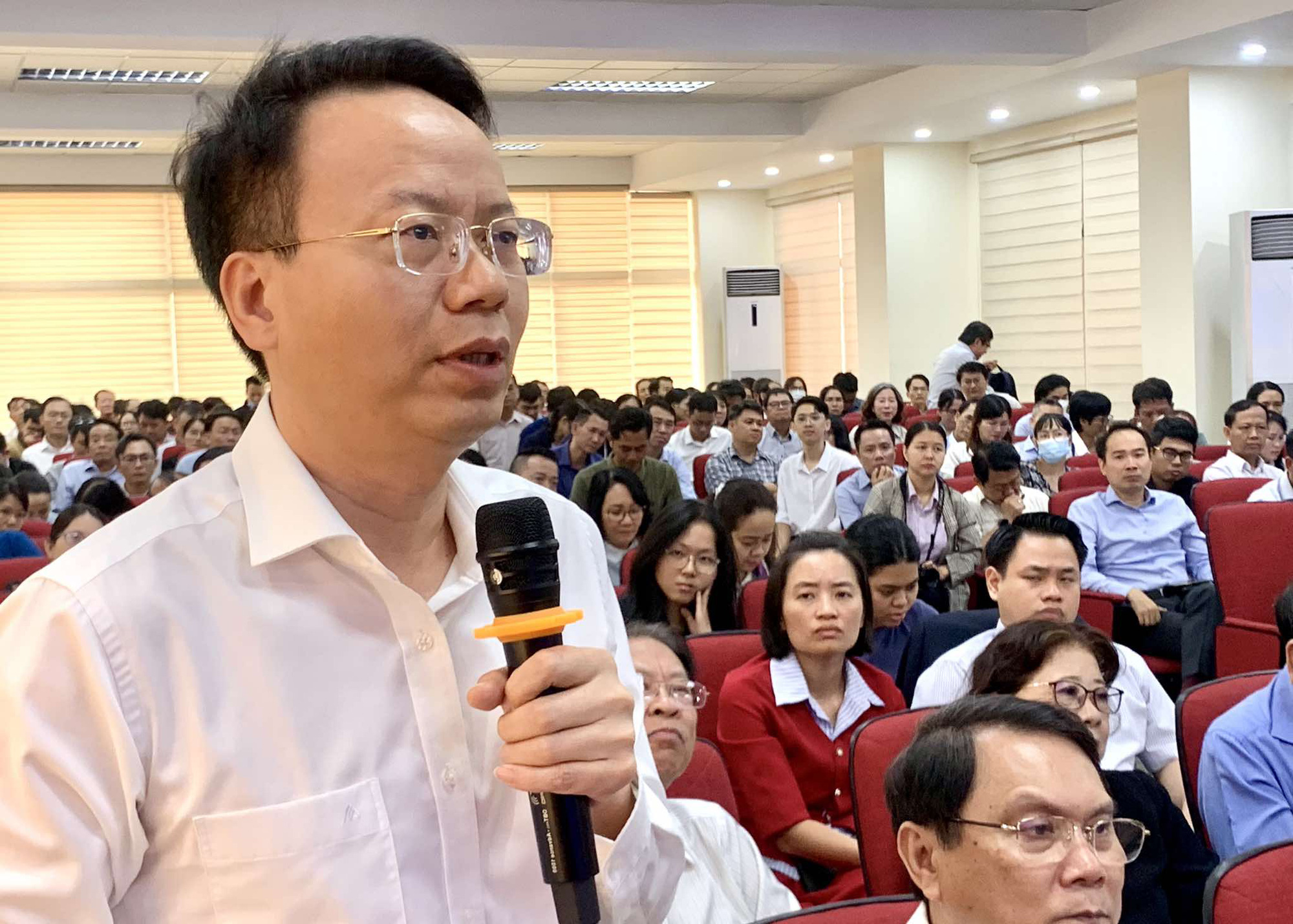
Prof. Dr. Mai Thanh Phong, principal of Ho Chi Minh City University of Technology, said that there needs to be a more comprehensive and innovative draft that gives more power to science and technology organizations - Photo: TRAN HUYNH
On the morning of February 7, Ho Chi Minh City National University organized a seminar to contribute ideas to the draft Law on Science, Technology and Innovation, aiming to urgently and effectively implement Resolution 57-NQ/TW on breakthroughs in science, technology development, innovation and national digital transformation.
No major breakthrough yet
At the seminar, scientists gave many comments on the contents of the draft law with the hope and expectation that the revised Law on Science and Technology will build a favorable legal corridor, creating a breakthrough in scientific development.
Many scientists believe that the mechanisms and incentives for universities to establish businesses and science and technology businesses within universities are not yet clear, especially for commercialized products and business cooperation in research and development R&D from universities.
Many opinions suggest simplifying procedures for commercializing research results; building a national innovation ecosystem with the participation of businesses; and improving human resource policies to attract talent.
Prof. Dr. Mai Thanh Phong - Principal of the University of Technology (Ho Chi Minh City National University) - commented that this draft law has new points, however, compared with the spirit of Resolution 57, there is really no big breakthrough.
The draft law has a chapter on commercialization of scientific research results, but this chapter only has 3 articles, each article has a few lines of definition, not reflecting the spirit of Resolution 57.
"There needs to be a more comprehensive and innovative draft, giving more power to science and technology organizations or having a broader mindset in putting research results into practice," Mr. Phong suggested.
Need to legalize universities to establish businesses
Most scientists believe that this draft law should encourage and create conditions for scientists to commercialize their scientific research products through establishing science and technology enterprises or university-affiliated enterprises.
Mr. Phong raised a number of important points that need to be clearly stated in this draft law. Firstly, higher education institutions are basically scientific and technological organizations. Secondly, it needs to be legalized that public higher education institutions are allowed to establish enterprises to commercialize their results.
Finally, previously, scientists from universities or public organizations, as civil servants, were not allowed to participate in the management or establishment of enterprises to develop, as well as commercialize their results. These issues have not been clarified in this draft law. Another point that has been a very important issue up to now but is almost completely deadlocked is the valuation of technology; the division of benefits between parties and owners.
"I think that in this stage of the country, the State should not consider investment in technology as an investment that can be recovered. This is an investment that is almost forgotten, and the benefit of this investment is to develop the country's science and technology.
These are results that can be legitimately applied, and those values add value to the production of society, not just the money earned. Thus, the valuation of technology should be delegated to the organization that grants ownership. For example, it could be a university or a research institute.
Second, the division of copyright and organization by percentage should also be decided by that organization, based on the agreement between the organization and the partner, as well as the needs of customers according to the market mechanism. And of course, if they make mistakes, intentionally make mistakes, there is the law. Therefore, by all means, creating favorable conditions for research results to be brought into production is the most important thing," Mr. Phong emphasized.
Prof. Dr. Nguyen Thi Canh, University of Economics and Law, Ho Chi Minh City National University, said that keeping the phrase "innovation" as the name of the draft law would not be appropriate because innovation is the result of research and application of science and technology.
In addition, the regulations on finance and investment for science and technology according to the draft law only mention spending on science and technology at least 2% of the state budget.
However, it has not covered the average investment in science and technology from different sources, which accounts for what percentage of the country's GDP. Of which, how much is from the budget, and how much is from non-state social mobilization. From there, there will be policies to mobilize social resources.
There are still many ambiguous points.
Associate Professor Dr. Pham Van Phuc - Director of the Stem Cell Institute (University of Natural Sciences, Ho Chi Minh City National University) - said that the draft law still lacks many definitions and many concepts are quite vague.
"According to this draft law, it will be very difficult to analyze research types, organizations, research management... when the State issues sub-law documents," said Mr. Phuc.
Give greater autonomy
According to Mr. Pham Phu Ngoc Trai - Chairman of Global Integration Business Consulting Company, member of the Science and Training Council of Ho Chi Minh City National University, the draft law needs to have provisions regulating specific mechanisms for the two national universities and the Academy of Science and Technology.
Specifically, it is to grant greater autonomy, allow financial institutions and international cooperation. Support the construction of excellent research centers, focusing on strategic areas such as artificial intelligence, new materials, biomedicine, renewable energy. Encourage cooperation between national universities and enterprises, create a mechanism for enterprises to co-fund research to enhance applicability.
Source: https://tuoitre.vn/luat-khoa-hoc-cong-nghe-va-doi-moi-sang-tao-can-thuc-day-thuong-mai-hoa-san-pham-nghien-cuu-20250208061627198.htm








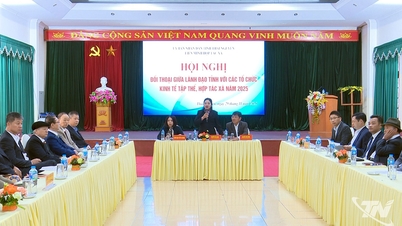

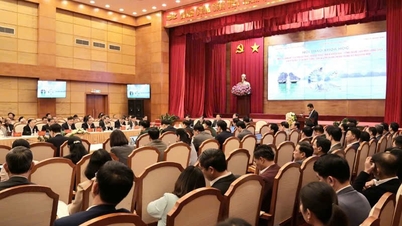


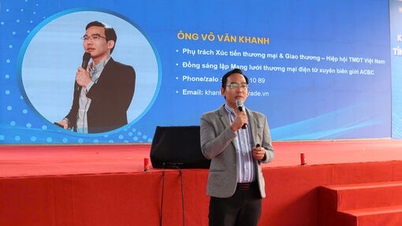

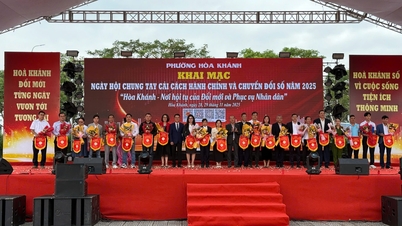

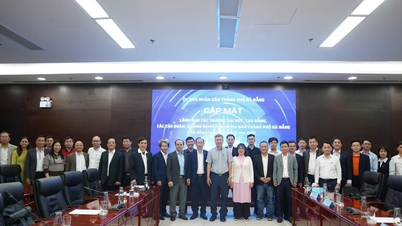

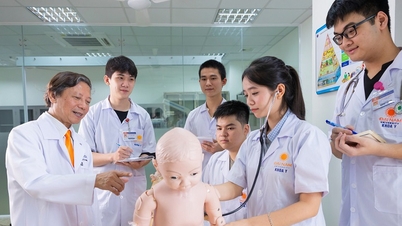



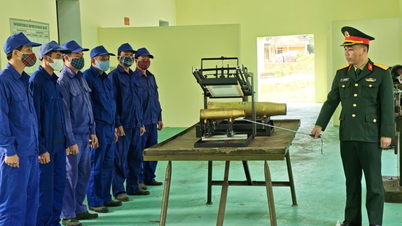

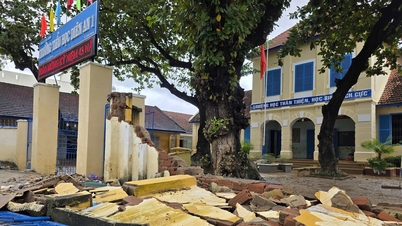



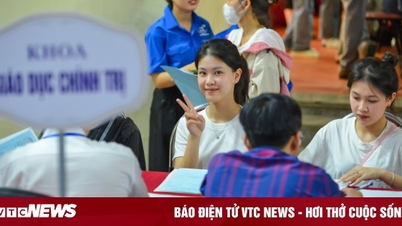










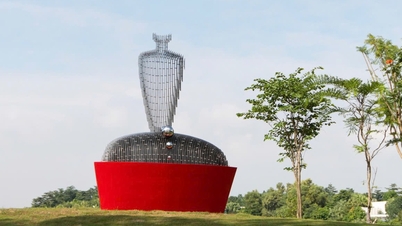



































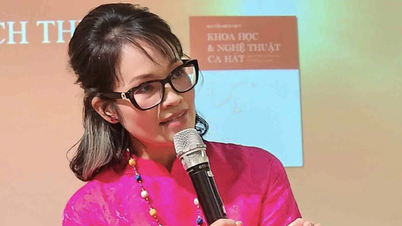
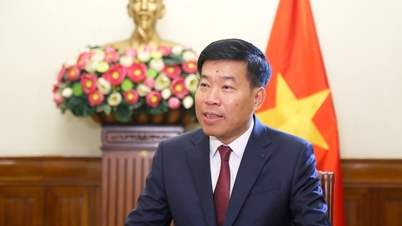








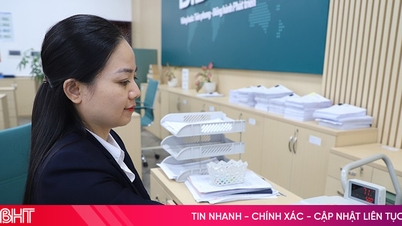




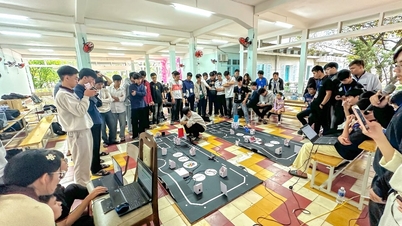















Comment (0)